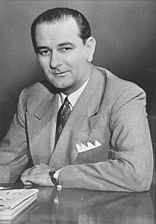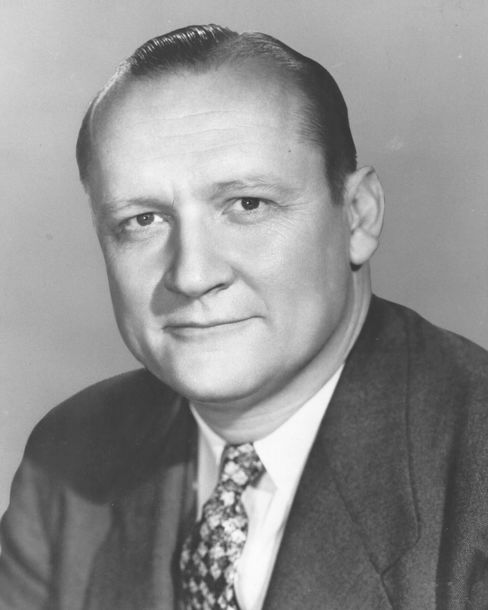United States Senate elections, 1954
|
|
||||||||||||||||||||||||||||||||||||||||||||||||||||||||||||||||||||||||||||||
|
||||||||||||||||||||||||||||||||||||||||||||||||||||||||||||||||||||||||||||||
|
||||||||||||||||||||||||||||||||||||||||||||||||||||||||||||||||||||||||||||||
|
|
||||||||||||||||||||||||||||||||||||||||||||||||||||||||||||||||||||||||||||||
|
Democratic gain Democratic hold Republican hold Republican gain |
||||||||||||||||||||||||||||||||||||||||||||||||||||||||||||||||||||||||||||||
|
||||||||||||||||||||||||||||||||||||||||||||||||||||||||||||||||||||||||||||||
Republican hold Republican gain
*1 Independent caucused with the Democrats.
The United States Senate elections of 1954 was a midterm election in the first term of Dwight D. Eisenhower's presidency. Eisenhower's Republican party lost a net of two seats to the Democratic opposition. This small change was enough to give Democrats control of the chamber, which they would hold until January 1981. Including independent Wayne L. Morse, who caucused with the Democrats, Democrats held a 49-47 majority.
The elections resulted in a divided government that continued to the end of Eisenhower's presidency.
*I1: Wayne Morse of Oregon, who was not up for election this year, later changed parties from Independent to Democratic in the next Congress.
Democrats defeated incumbents John S. Cooper (R-KY), Homer Ferguson (R-MI), Ernest S. Brown (R-NV), and Guy Cordon (R-OR), and took an open seat in Wyoming. Republicans took the seats of incumbents Guy M. Gillette (D-IA) and Thomas A. Burke (D-OH), and took an open seat in Colorado.
...
Wikipedia



